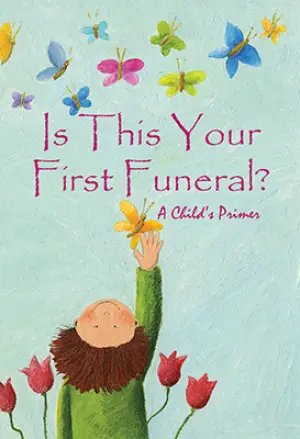Finding Freedom: A Journey with Barbara Ireland’s How To Stop Negative Thoughts
As I flipped through the pages of How To Stop Negative Thoughts: What My Near Death Experience Taught Me About Mind Loops, Neuroscience, and Happiness, I couldn’t help but think about how often I find myself caught in the endless reel of negative thoughts. Whether I’m stressing over a minor mistake or replaying past failures, the struggle feels all too familiar. Reading Barbara Ireland’s book felt like receiving a heartfelt invitation to interrupt that cycle, prompting me to step back and reflect on the power of my own mind.
Barbara Ireland, a singer who once shared the stage with Stone Gossard of Pearl Jam, takes us on a deeply personal journey. It begins not just with her near-death experience but with that shocking moment of self-awareness when her inner critic became audible. “Are these negative thoughts going through my head all the time?” she muses, and I felt an immediate connection, wondering the same in my own life. The candidness with which she writes makes her experiences relatable and engaging, turning an academic exploration of neuroscience into a deeply personal narrative.
At its heart, the book tackles an overwhelming truth: about 70% of our 60,000 daily thoughts are negative. This statistic isn’t just a figure; it shapes how we experience life, impacting our mental health, relationships, and ultimately, our happiness. Ireland introduces the concept of “Mind Loops,” those relentless thoughts that swirl around in our heads like a persistent storm. Through her “4 D’s of De-Looping,” she provides practical strategies to interrupt these damaging patterns, giving readers tangible tools to cultivate a more positive mindset.
I found the writing style to be both approachable and insightful. Ireland has a way of distilling complex neuroscience concepts into digestible insights that resonate. The pacing is just right—enough time is spent on introspective storytelling without getting bogged down, allowing the reader to reflect and apply the techniques presented.
One of my favorite quotes from the book reads, “You aren’t good enough,” which resonates painfully yet strikingly. This voice is all too familiar, whispered by our insecurities. Ireland’s invitation to challenge that voice feels liberating, almost like a secret shared among friends. Her testimonials add another layer of credibility, emphasizing that the techniques she shares have not just worked for her but for others who were once paralyzed by doubt.
For those who have wrestled with self-criticism or anxiety, this book offers a roadmap toward self-acceptance and happiness. It is not merely a self-help manual; it is an exploration of the human psyche and a testament to the resilience we all possess when we consciously choose to rewire our minds.
In conclusion, How To Stop Negative Thoughts is a gift for anyone looking to break free from the shackles of constant self-doubt and negativity. It’s not just for those who have faced near-death experiences or significant life challenges but for anyone hoping to turn their mind into their greatest ally rather than a saboteur. After reading Barbara Ireland’s work, I feel inspired to take an active role in my mental health journey—what a precious realization that is! If you find yourself feeling weighed down by the loud, negative voice in your head, this book just might open the door to a more joyful, empowered version of yourself.






